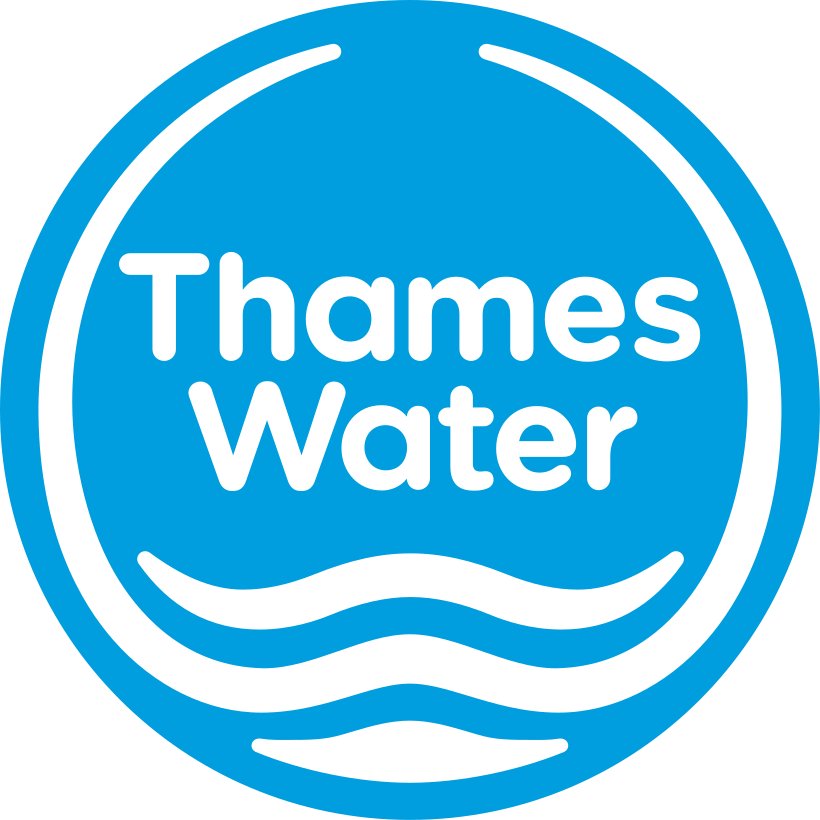Is the Thames Water bailout plan - which relieves the company from fines for up to fifteen years - lawful?
A group of Thames Water’s senior creditors, London & Valley Water (“L&VW”), has submitted to Ofwat proposals for them to be relieved from fines for past or future sewage dumping for a period of up to fifteen years and to take a very modest haircut to their loans.
But is the proposal lawful?
Several days ago L&VW, a group of Thames Water’s creditors who control the water and sewage business, shared with Ofwat proposals for it to be restructured.
The proposals include a “Performance Improvement and Turnaround Plan (the PITP)”, an “improvement accountability framework” which sets out the standards L&VW is content to be held to , a “Turnaround Oversight Regime”, and an “independent Thames Water Community Benefit Trust”. Substantially no detail of these regimes has been made public - but we do know that the Community Benefit Trust will be funded with the vanishingly small sum of £25m in cash and £5m of shares.
Critically, the creditors who control the restructuring - the so-called Class A shareholders - will receive a modest 25% haircut (from £16bn to £12bn) and will receive in return 10% of the equity in the new company conducting Thames’ business.
As the Guardian has pointed out, L&VW has graciously agreed to pay fines that are already outstanding for sewage dumping and other regulatory breaches. However, so far as past wrongs where a fine has yet to be levied and future wrongs are concerned it wants to be let off the hook.
More specifically, L&VW’s proposal is that “taking or continuing regulatory enforcement action for the duration of the turnaround will be assessed based on delivery of the PITP.” That seems to be a polite way of saying that they are proposing to comply with targets they set themselves rather than those set under the licences or by the regulator. It goes on to confess that a “full return to legal, regulatory and environmental compliance (based on existing requirements) under the London & Valley Water Plan is expected to occur in AMP 10”.
AMP stands for asset management period and is a five year regulatory cycle. AMP 8 began on 1 April 2025 and so AMP 10 will not commence until 1 April 2035. Moreover, all that L&VW can promise is that full compliance is expected (ie not will) occur and it is expected to occur in (ie not by) the five year period starting on 1 April 2035.
Unlike fines for breaches, dividends might recommence as early as 31 March 2030 if Thames Water is then sold.
L&VW claims that “the Plan can be implemented without the need for any legislation”. The source of L&VW’s anxiety to avoid legislation is, of course, that MPs would find it very difficult to approve a plan that protected those in de facto control of Thames Water by relieving it from the consequences of sewage dumping for up to fifteen years. And if the plan does require legislation, that legislation would probably not pass through Parliament.
But it is also far from clear L&VW is right that the Plan can be implemented without the need for legislation.
Section 24 of the Water Industry Act 1991 contains a “special administration regime” if Thames Water is in serious breach of its principal duties as a water company or a sewage company or is unable to pay its debts. Either Ofwat, with the consent of the Secretary of State, or the Secretary of State directly, can apply for a SAR. The effect of a SAR is set out in section 23 and it is, relevantly, to take steps to ensure that the company’s functions are properly carried out and the company is not insolvent. It is clear a SAR could impose a much deeper haircut on the lenders that L&VW represents - the regime enables Thames Water’s business could be sold unencumbered by its debts and at a price negotiated by the administrators. Only the sale price would then be available to meet the claims of its lenders.
Against this background, it is hard to see how Ofwat might lawfully choose to approve a proposal from L&VW which, rather than compelling Thames Water to meet its duties as a water company or a sewage company, relieved it in part or in whole of the consequences of breaching those duties in order to improve the position of its creditors.
Moreover, by section 18, Ofwat and the Secretary of State have positive obligations, where they are satisfied a water company is breaching its licence or statutory duties, to take steps to secure compliance with those duties. It is right to say that those obligations are complex and are also qualified. However, they are also in primary legislation made by Parliament and it is quite another thing to say, as in effect L&VW does, that Ofwat has power to set them aside for a period of 15 years if they improve the financial position of Thames Water’s creditors.
Ofwat has until 25 October 2025 to respond to the proposals. In the event it decides to accept them, a judicial review challenge to that decision may well follow, and Good Law Project will certainly consult with a specialist King’s Counsel on whether to bring one.


